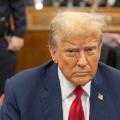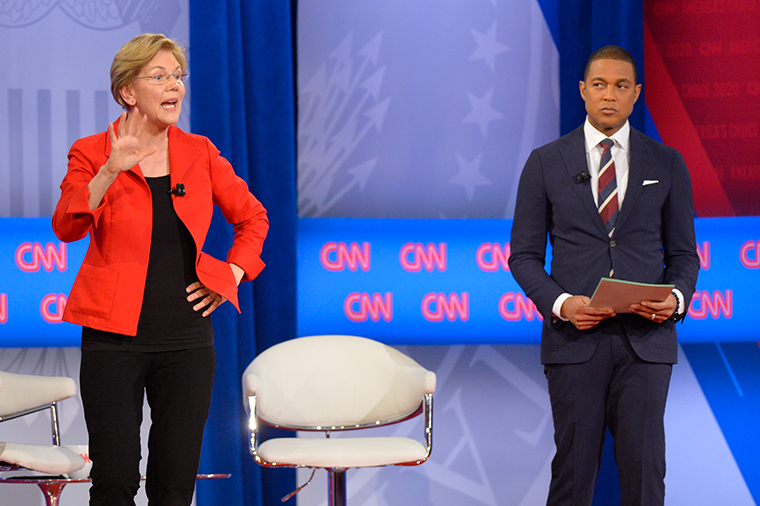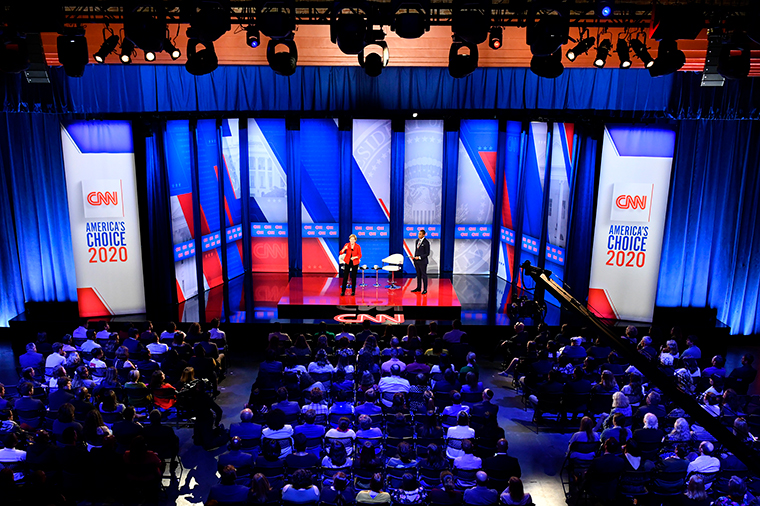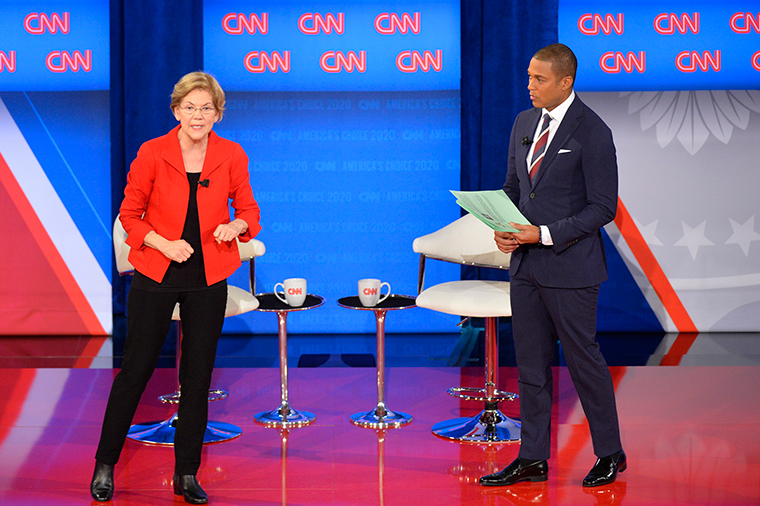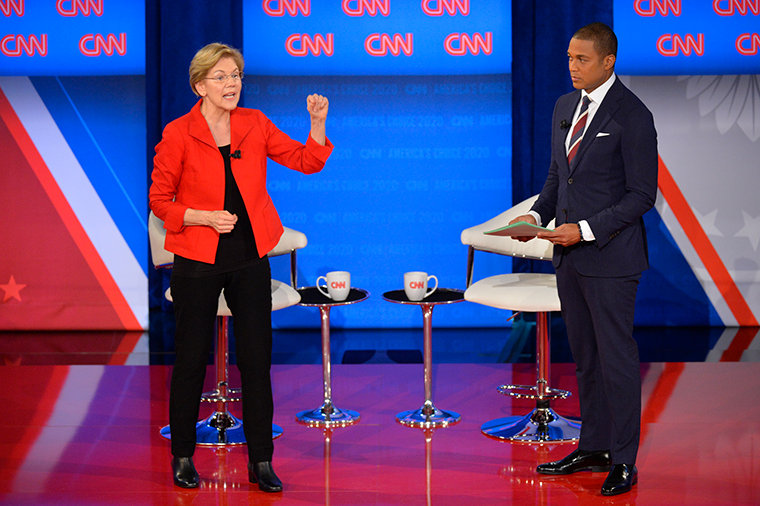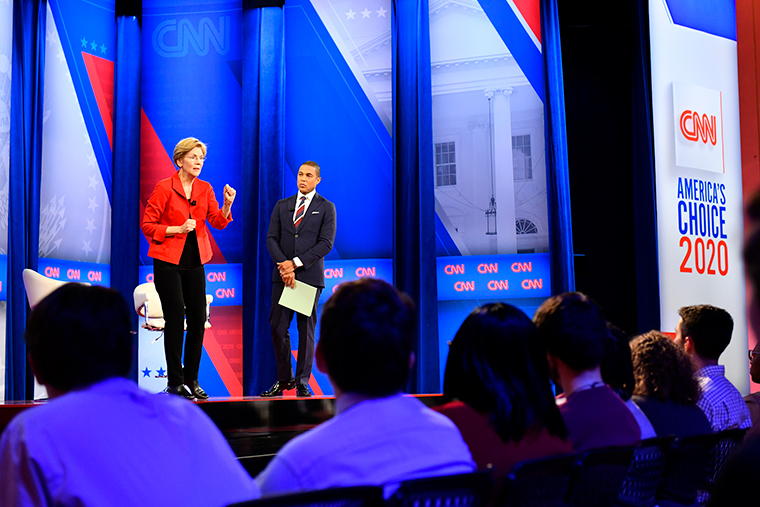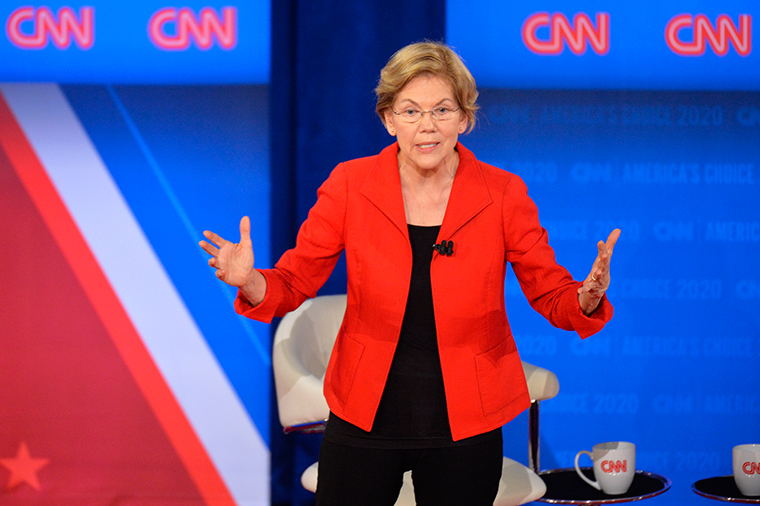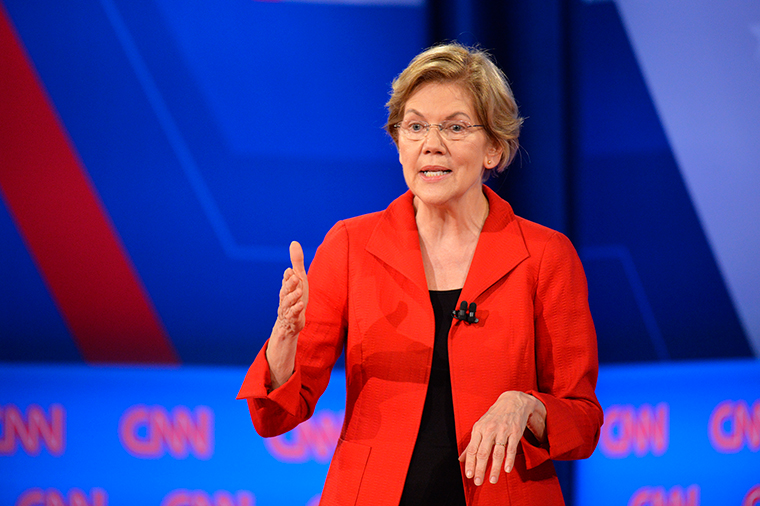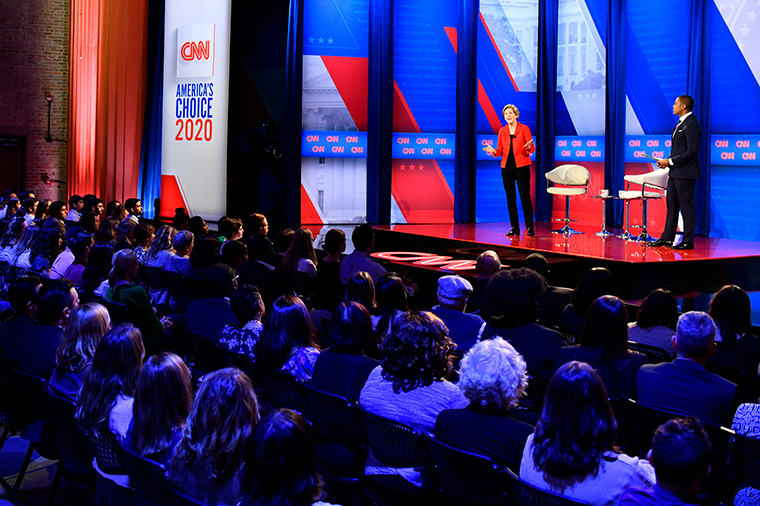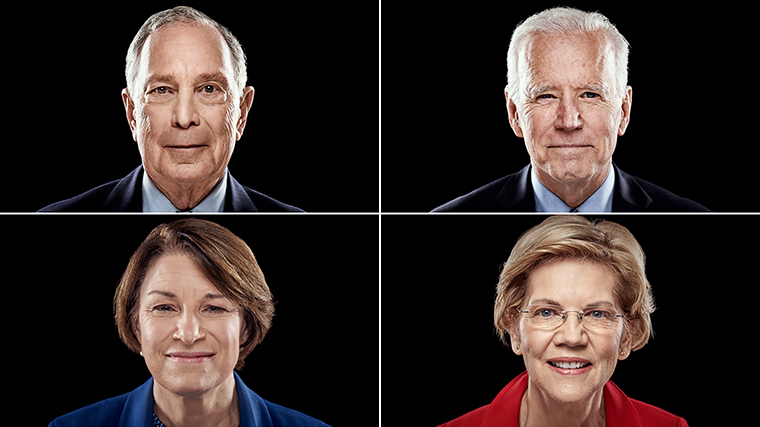
Four Democratic presidential candidates answered a host of questions at back-to-back town halls in South Carolina.
We're wrapping up our live coverage. In case you missed it, here's the key takeaway from each candidate's town hall:
- Michael Bloomberg: The billionaire businessman was called to task once again over his controversial record on stop-and-frisk, which he repeatedly defended while serving as mayor of New York. Bloomberg said tonight, "we just did it much too much and an awful lot of innocent people got stopped." Stop-and-frisk searches peaked under Bloomberg at 203,500 stops during the first three months of 2012.The practice was cut back amid protests and lawsuits.
- Joe Biden: The former vice president said he has spoken to Anita Hill, who made sexual harassment accusations against Supreme Court Justice Clarence Thomas, and "apologized for not being able to protect her more" during Thomas' confirmation hearings, which Biden oversaw in 1991. Biden was asked what would happen if President Trump loses in November but refuses to concede. Biden said the way Trump has treated the military, the intelligence community and the FBI, “I have no worry about him being escorted out of the White House.”
- Amy Klobuchar: Klobuchar vowed to fire Education Secretary Betsy DeVos in her "first 100 seconds" if elected president. The Minnesota senator also said she would be able to work with progressive Democrats like Elizabeth Warren and Bernie Sanders, if elected, and pointed out that they already do in the Senate.
- Elizabeth Warren: The Massachusetts senator is ready for a convention floor battle this summer if none of the Democratic candidates reach a delegate majority during the primary. Warren made it clear tonight that she'd be willing to lobby superdelegates, who have a vote on the second ballot if there's no outright winner, when asked if she would continue her candidacy even if she was trailing in the delegate count. She also tackled the issue of coronavirus, pledging to divert funds from President Trump's border wall and use "every dime" of it to fight the escalating health threat.
